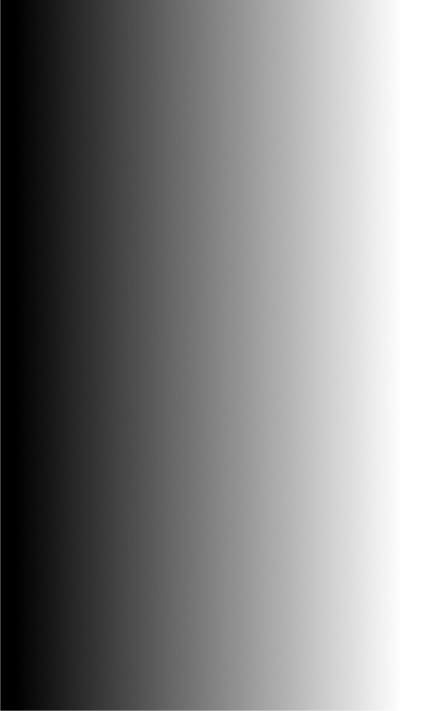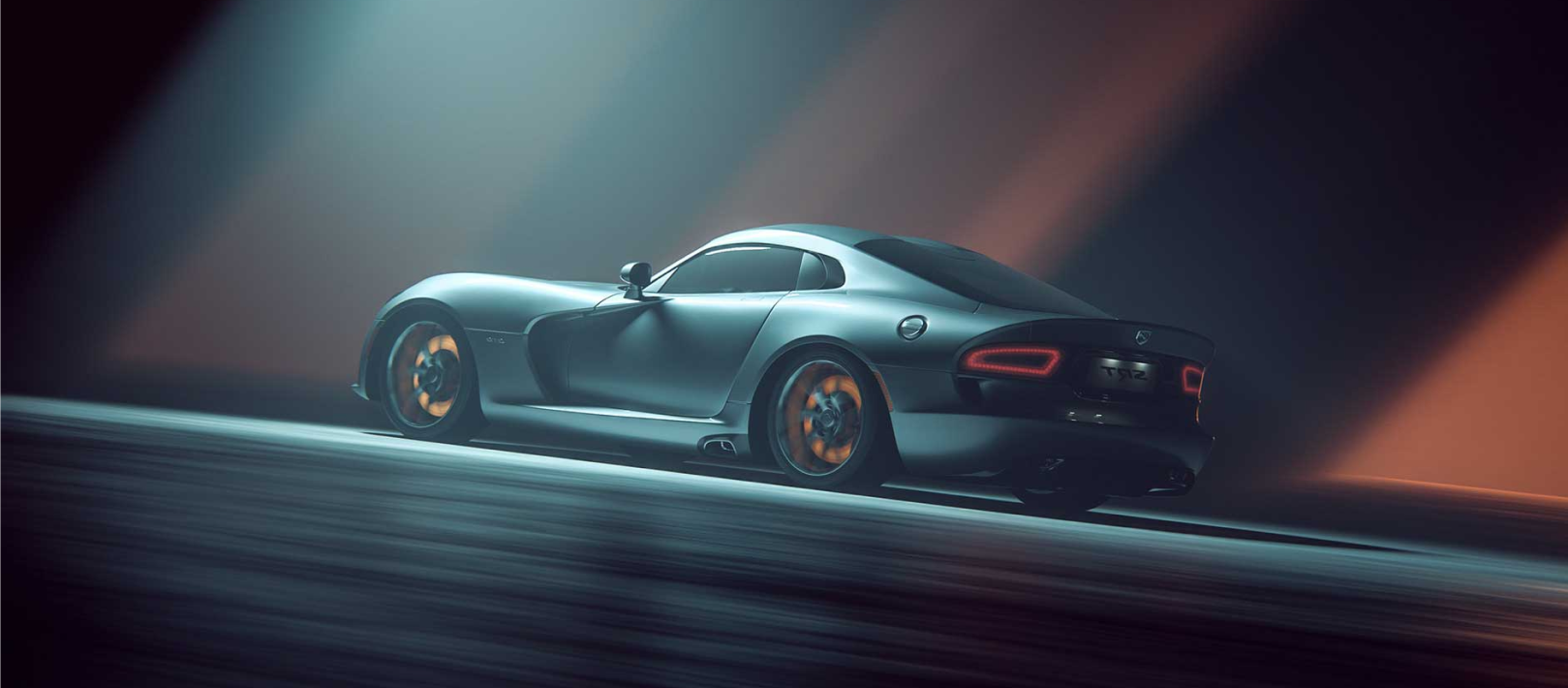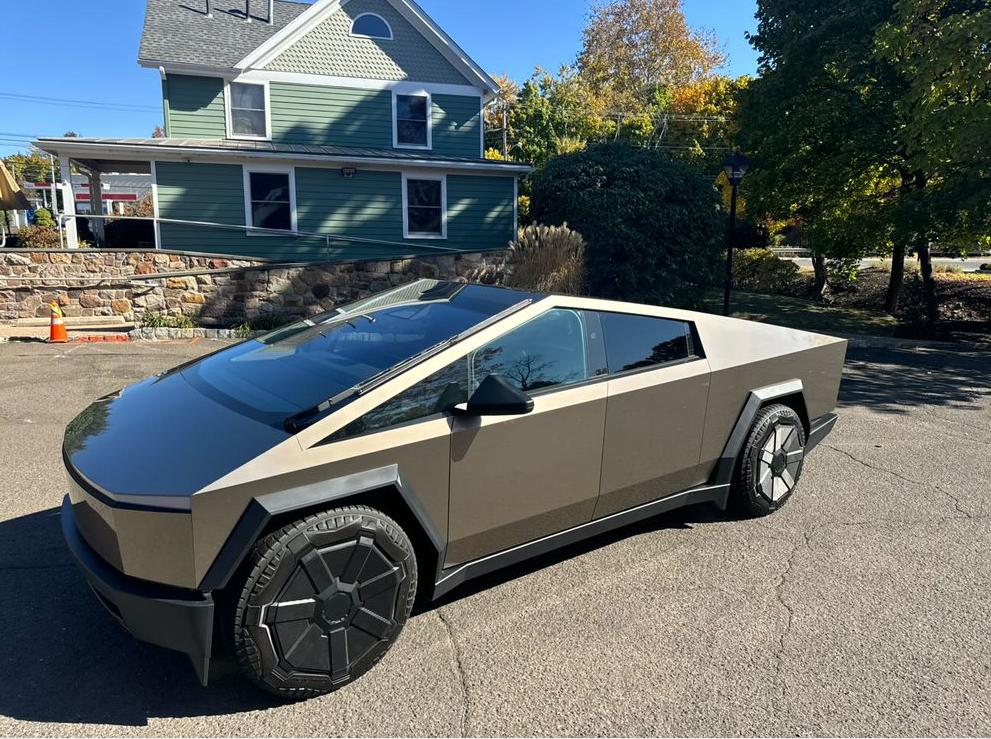Ceramic Tint vs Regular Tint: Pros, Cons, and Key Differences
Ceramic Tint vs Regular Tint: Pros, Cons, and Key Differences
Window tinting is a preferred upgrade for cars, supplying benefits such as improved privacy, reduced heat, and boosted looks. However, with many alternatives used, choosing the ideal tint can be challenging– particularly when contrasting ceramic tint vs regular tint. These two sorts of tints differ substantially in terms of performance, durability, cost, and so on, carrying their own pros and cons respectively. In this guide, we’ll break down the unique characteristics, advantages, and limitations of both tints, provide insights into real-world scenarios, introduce the cutting-edge technology of the Terminax window film, and help you make the best decision for your vehicle.
What Is Regular Tint?
Regular tint, likewise referred to as dyed or metal tint, has been a relied-on option for decades. It is made by installing layers of tint or metal particles into a sticky film, which is then applied to vehicle windows. This tint gives a darker appearance, using personal privacy, glow reduction, and basic heat rejection at an economical price. While regular tint might lack the sophisticated functions of ceramic tint, its cost, and availability make it a preferred alternative for numerous car owners.
Pros of Regular Tint
- Improved Personal Privacy and Security:
Regular tint darkens the windows, making it difficult for outsiders to see into the car. This included layer of privacy can protect individual items and deter theft.
- Modest Glare Reduction:
Regular tints reduce sunlight glow, improving visibility and making driving more secure during bright conditions.
- Basic Heat and UV Protection:
Regular tint absorbs some solar heat and UV rays, aiding to maintain the car cooler and protect the inside from minor sun damage.
- Cost-Effectiveness:
One of the most substantial advantages of regular tint is its cost, making it an obtainable option for budget-conscious drivers.
Performance of Regular Tint in Real-world Scenarios
- Mild Climates: Regular tint performs well in areas with moderate temperatures, providing sufficient comfort for everyday use.
- Short-Term Ownership:If you plan to trade in or upgrade your vehicle in the near future, regular tint offers an inexpensive way to enjoy basic tinting benefits.
- Fleet or Commercial Use:Affordable and functional, regular tint is ideal for large-scale fleets needing a uniform look with glare and privacy benefits.
Cons of Regular Tint
-
- Durability:Regular tints, particularly dyed films, are prone to fading, peeling off, or bubbling over time as a result of prolonged direct exposure to sunlight.
- Signal Interference:Metal regular tints can interrupt GPS, Bluetooth, and radio signals, which may be a problem for tech-reliant cars.
- Maintenance:Cleaning with non-abrasive products and avoiding harsh chemicals like ammonia can prolong the lifespan of regular tints.
What Is Ceramic Tint?
Ceramic tint is a premium option that uses nano-ceramic particles embedded in the film. These non-metallic, non-conductive particles allow ceramic tint to excel in heat rejection, UV protection, and durability. Unlike regular tints, ceramic tint offers significant improvements in temperature regulation and comfort, making it the preferred choice for those seeking advanced functionality and long-term value. At the SEMA 2024 Show, Terminax showcased its cutting-edge Ceramic-X™ technology, solidifying its position as a leader in the tinting industry with unmatched performance and innovation.
Pros of Leading Ceramic Terminax Ceramic-X™ Window Film
- Exceptional Heat Rejection:
Terminax’s Ceramic-X™ window film effectively blocks infrared radiation, keeping your vehicle cooler even in the hottest temperatures. This advanced technology helps maintain a comfortable interior, ensuring a superior driving experience.
- 99% UV Protection:
Terminax Ceramic-X™ window film provides outstanding protection against harmful UV rays, reducing the risk of skin damage and preventing the fading or cracking of interior materials, keeping your vehicle’s interior in top condition for years.
- Continuous Signal Transmission:
Unlike metallic tints, Terminax Ceramic-X™ window film is non-metallic, ensuring that it won’t interfere with GPS, Bluetooth, or radio signals, making it perfect for modern vehicles with advanced tech features.
- Longevity and Durability:
With superior resistance to fading, bubbling, and peeling, Terminax Ceramic-X™ window film maintains its performance and appearance over time, offering long-lasting value for your investment.
- Improved Clarity:
Terminax’s Ceramic-X™ window film reduces glare while preserving excellent visibility, providing both aesthetic appeal and practical benefits for a clearer, more comfortable ride.
- 10+ Year Warranty:
Almost all tints from Terminax, including Ceramic-X™ window film, comes with an impressive 10-year warranty, ensuring long-term protection and peace of mind. This warranty covers the durability and performance of the tint, reinforcing its exceptional value.

Practical Applications of Ceramic Tint
- Hot and Sunny Climates: Perfect for areas with extreme heat, as it significantly reduces the temperature inside the car.
- Luxury and Performance Vehicles: Offers a sleek look and long-term protection for high-end interiors.
- Daily Drivers: Ideal for anyone seeking a premium driving experience with maximum comfort and protection.
Cons of Ceramic Tint
- Cost:Ceramic tint is much more pricey ahead of time than regular tint, but its sophisticated features and longevity give much better long-lasting worth.
- Installation:Professional installations necessary to ensure a smooth installation and maximize its advantages.
Key Differences Between Ceramic Tint and Regular Tint
- Heat Rejection: Ceramic tint outperforms regular tint, blocking up to 85% of heat, compared to the basic heat absorption of regular tint.
- UV Protection: Ceramic tint provides near-total UV protection, whereas regular tint offers limited coverage.
- Durability:Ceramic tint resists fading, peeling, and bubbling, making it last significantly longer than regular tint.
- Signal Interference:Regular metallic tints may interfere with electronics; ceramic tints do not.
- Cost:Regular tint is more affordable, but ceramic tint offers superior long-term benefits.
Factors to Consider When Choosing the Right Tint
When making a decision between ceramic and regular tint, take into consideration the following:
- Climate:Hot and bright climates prefer ceramic tint for its exceptional heat being rejected. Regular tint works much better in mild climates.
- Budget:Ceramic tint calls for a higher initial investment; however, it offers much better lasting worth.Regular tint is perfect for budget-conscious drivers or temporary vehicle use.
- Automobile Type:Luxury and high-performance automobiles profit extra from ceramic tint.Fleet or older lorries frequently make use of regular tint for cost-efficient coverage.
- Usage Requirements:Frequent drivers and those with long commutes will value the convenience of ceramic tint. Regular tint might suffice for occasional or short-distance driving.
- Regional Regulations:Ensure your tint selection adheres to state guidelines on darkness and reflectivity.
Final Thought: Ceramic vs Regular Tint– Which Should You Choose?
The selection between ceramic tint vs regular tint inevitably depends on your budget, environment, and performance demands. Regular tint is an economical option for fundamental privacy and glow reduction, while ceramic tint offers cost security, convenience, and lasting longevity. For superior high quality and installation, count on Terminax to supply high-performance window film customized to your vehicle. Whether you prioritize cost or sophisticated modern technology, the high-end brand Terminax ensures your tint enhances your driving experience for many years to come.
FAQ About Ceramic and Regular Tint
Can You See Much Better Through Ceramic Tint?
Yes, ceramic tint supplies much better presence and decreases glow without jeopardizing clarity, also in darker shades.
Do Ceramic Tints Fade With Time?
No, ceramic tints are extremely resistant to fading, thanks to their innovative nano-ceramic modern technology. Unlike regular tints that may distint with extended direct exposure to sunlight, ceramic tints maintain their shade and efficiency for many years.
Does Regular Tint Block UV Rays?
Regular tint does block UV rays, yet it’s far less effective than ceramic tint. Ceramic tint can obstruct approximately 99% of damaging UV rays, supplying substantially better protection for your skin and your vehicle’s interior.



